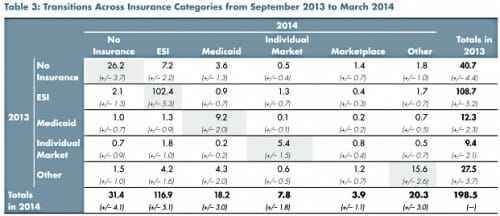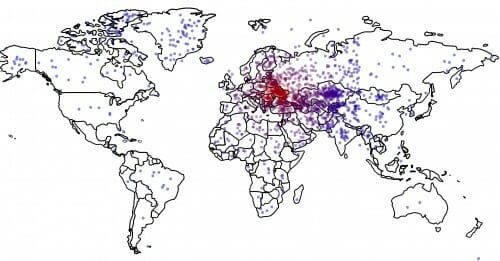Young People Voting Democrat
Harvard’s Institute of Politics released a poll yesterday that showed millennials’ trust in government at a historic low. This chart shows how many respondents said that they trust the entity in question to do the right thing either all of the time or most of the time. Notably, 20% of millennials said they trust the federal government to do the right thing; 32% said they trust the president; and 14% trust Congress. State and local governments (and, appallingly, the United Nations) fared a little better, but distrust of government is clearly the order of the day....
Which raises, not for the first time, a question I can’t answer: why do people who don’t trust government keep voting for more of it? For a long time, young people have voted mostly Democrat. Which means they are voting to give more of their money, and more control over their lives, to government–especially the federal government. Why would they do that, if only 20% of them trust the federal government to do the right thing?
I won't give a simplistic answer to a complex social issue, but I have a theory that explains at least part of this: gay marriage and other social issues. I get a chance to work with young people a lot, and generally they don't seem to be focused on tax and regulatory issues. They haven't been deep enough into the productive economy (and many will be convinced by their universities never to enter the productive economy) to understand the effects of government interventionism in the economy.
But one thing young people do know is that they are absolutely turned off by the social conservatism of Republicans. I read an article the other day by a Conservative lamenting that young people use certain political positions as social status symbols, as self-identifiers that they are among the elite. But certain ideas also have the opposite affect, acting as a big scarlet A that no one would willingly wear. Among those are opposition to gay marriage, for example. Many young folks, regardless of their position on anything else, would be as unlikely to vote for someone who opposed gay marriage as would be a Victorian society woman to openly admit she was a prostitute. There are certain social positions that many Republicans hold that are complete non-starters to young people, such that they could not consider voting for such a politician even if they agreed with 99% of all the politician's other positions. This tendency is reinforced by college professors, overwhelmingly of the Left, who tell kids that Republicans are not just people with whom they disagree, but bad people who have no place in civil society.
A year or so ago I got tapped to lead an all-too-brief center-right effort in Arizona to legalize gay marriage. I cannot tell you how many Republican leaders and politicians came to me in private and thanked us for what we were doing, saying that the Republican party has to be saved from itself. In the end, we eventually shut the effort down because prominent groups on the Left didn't want a center-right group to get any of the credit. Some of them wanted the effort to go forward, but only if non-Leftists would bow out of the leadership group, and some said explicitly that they did not want the issue solved yet, because the Democrats wanted to flip Arizona blue in 2014 and 2016 and they needed the gay marriage issue to run on, knowing it was a way to pull otherwise libertarian leaning young people away from the Republicans.
Update: I would add that opposition to gay marriage among Republicans also poisons young people to other Republican positions, such as smaller government and free markets (though this libertarian would argue that such Republican positions are often in name only, and not consistently followed, but that is another rant). The biggest lie every person in this country is taught is that somehow Republicans and Democrats offer opposing and internally consistent positions on a political spectrum that only has two dimensions. So if we don't know much about politics but KNOW Republicans have one really bad position, then the whole package must be bad and we should vote Democrat. Which causes us to start self-justifying support for things like economic interventionism that we may not know much about but now is part of our team's position.



